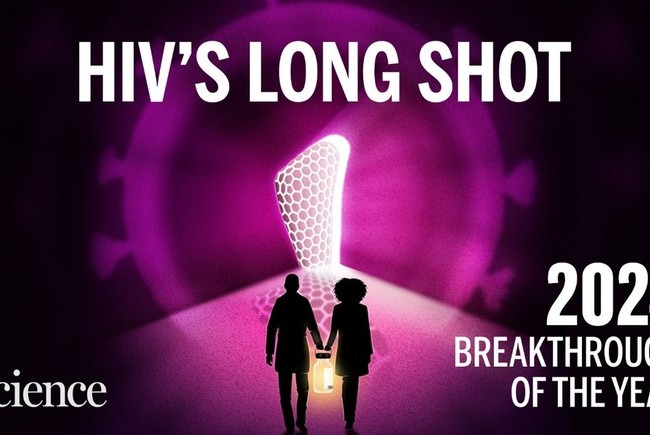Fiona Mulaudzi: the inspiring face climbing the ranks
15 November 2024 | Story Rebecca Crowie. Photos Fiona Mulaudzi. Read time 5 min.
Fiona was introduced to animals through her father, Johan Hendricks, a former employee in the Faculty of Health Sciences’ Research Animal Facility (RAF — a self-funded research institute housed by the faculty). As a teenager, she would accompany him to work and observe him perform his tasks. “Shadowing (him)...got me excited to get involved in this work. So, I eventually, slowly, became more familiar with the animal procedures at [the] RAF.”
She secured the role as an ad hoc animal attendant in the RAF in 2015, caring for the health and safety of animals in the facility. Her duties included feeding the animals, cleaning their cages, maintaining a clean, safe environment for them and assisting the researchers with the handling of animals, all while adhering to strict ethical guidelines that promote the welfare of the animals. Her passion for the field grew as she worked alongside Rodney Lucas, a laboratory animal technologist. After two years of working on an ad hoc basis, she managed in 2017 to secure a fixed-term contract with the RAF.
Though she enjoyed the work, the uncertainty of whether she would secure further contracts was a concern, and making the financial investment to upskill herself was a risk.
But Fiona advises taking the risk. “When I started at [the] RAF it was a very difficult decision for me because I knew when I started there that I wanted to be a laboratory animal technologist. But I also needed to make the decision to get something permanent.”
She set her plan to become permanent into action by scrolling through the University of Cape Town (UCT) vacancy website. “...I just happened to come across a post for two laboratory assistants for the IDM [Institute for Infectious Disease and Molecular Medicine — a self-funded research institute in the Faculty of Health Sciences], with the closing date on that very same day. So, I scrambled....[The job] required cleaning labs and specialised glassware washing.” After a successful application, she assumed the role of laboratory assistant in the IDM’s Division of Immunology in March 2020.
Through becoming a permanent UCT member, she was able to continue her studies on a part-time basis through UCT’s staff bursary programme. As a laboratory assistant she would begin her work day at 3 am or 4 am so that she could complete her laboratory duties by early afternoon, after which she would dedicate time to her coursework assignments, which culminated in her completing levels two and three laboratory animal technology courses remotely."We cannot become what we want by remaining what we are."
Four years later, on 1 October 2024, she was appointed as a technical officer in the IDM. This role entails supporting the laboratory research and teaching activities of the IDM’s specialised core facilities; providing operational support to the IDM directorate team; and assisting the IDM with animal-related projects for the core facilities as necessary in the capacity as a registered laboratory animal technologist. Though she is still fresh to the role, she delights in being part of the IDM’s directorate team, which consists mostly of female professional staff.
When reflecting on factors that influenced her progression at UCT, she credits a combination of mentors in the RAF, supportive line managers, an uncle in the same field at another university and her husband, Rembuluwani Mulaudzi, also a laboratory animal technologist. She also cites UCT’s performance management system’s annual development dialogue process where she has been recognised for her outstanding performance and contributions.
Her formula for making headway in life can be embodied in the quote by the late American businessman and writer, Max De Pree: “We cannot become what we want by remaining what we are.” She advocates for people to change their environment, their mindset and their outlook if they are not satisfied with their life circumstances — and embrace a new path.
 This work is licensed under a Creative Commons Attribution-NoDerivatives 4.0 International License.
This work is licensed under a Creative Commons Attribution-NoDerivatives 4.0 International License.
Please view the republishing articles page for more information.
Faculty of Health Sciences News

The REVIVE trial is one of the largest ever HIV trials to take place on the continent – testing a simple antibiotic intervention with the potential to increase survival rates in advanced HIV.
28 Jan 2025 - 7 min read
UCT’s Professor in Infectious Diseases at Imperial and the Director of the Wellcome Discovery Research Platform for Infection has been awarded an OBE in the New Year Honours List.
06 Jan 2025 - 2 min read Republished















.png)






